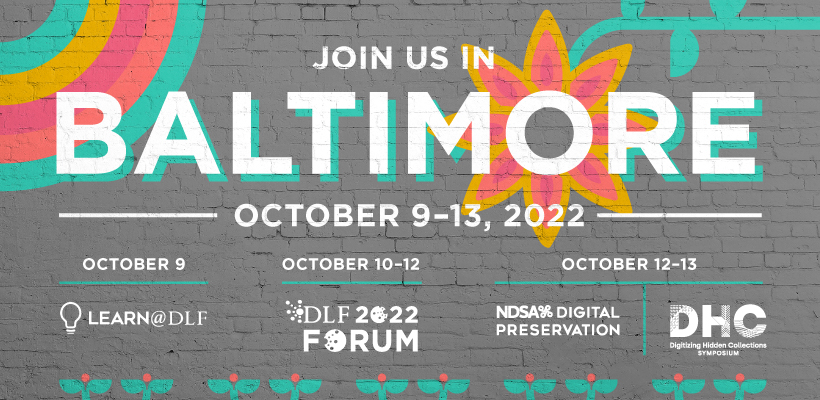Featured post from 2022 DLF Forum sponsor, Cayuse. Learn more about this year’s sponsors on the Forum website.
Harnessing the Power of Open, Accessible, and Shareable Research

Data is at the heart of research. So it stands to reason that data management is at the center of a researcher’s toolbox. Data Management Plans (DMP) relate to the management and storage of the data acquired during the research process. In essence, DMPs provide protection during and after the research project.
One of our top engineers, Taylor Mudd, recently shared some best practices for DMPs, including the benefits of migrating a repository and achieving compliance without complaints. Let’s dig into some of those insights that will enable you and your team to truly harness the power of your data.
Changing Role of Repository Data Management Plans
Data Management Plans are often required to be submitted alongside ethical approval and funding applications for research projects. They’re a time-consuming requirement, often managed in separate systems and stored in unstructured formats. Typically, they’re completed at the start of a research project and then ignored until the project ends.
However, recording a DMP in a structured “machine-actionable” format has significant benefits:
- Improves researcher compliance
- Minimizes administrative burden
- Ensures easier data tracking and reporting
“The idea is to make it easy for researchers to create and update DMPs and see them as an integral part of their research with significant benefits,” said Taylor.
Challenges and Opportunities Associated with Repository Migration
“We know that migrating decades of data is a daunting prospect in itself, let alone dealing with any repercussions in terms of discoverability and search engine rankings,” said Taylor. There are, however, ways in which a modern repository can increase search engine discoverability, with improved user experience and even credibility.
Here are a few ways teams can improve discoverability:
- Update repository registry services
- Register sites with Google Webmaster and Google Scholar
- Use more HTML <meta> tags than usual for better indexing by web crawlers
The benefits of a successful migration are considerable. One client averaged just over 2500 downloads a month pre-migration, and achieved an impressive 285% increase post-migration with over 9700 average downloads!
Compliance Without Complaint
Compliance with countless conflicting funder policies and convoluted, time-consuming repository submission processes have long been challenges for researchers. With the help of Cayuse Repository, not only can researchers meet compliance requirements easier, but repository managers can also verify compliance in a simple and streamlined workflow.
“The Repository development team accomplished this by working with repository managers and researchers from the University of Westminster,” said Taylor. “The result of redesigning the submission process and researcher interface was a process that makes compliance easy, appealing, and—perhaps, most importantly—achievable without any additional effort on behalf of researchers.”
Cayuse Repository Streamlines Processes and Drives Engagement
Many research organizations and institutions struggle with disconnected systems and processes that make data repository difficult. With the Cayuse Repository, researchers and administrators can organize, manage, and protect their research data in one streamlined location.
Some of the key benefits for the Cayuse Repository include:
- A single repository for all research, enabling research outputs related to a project to be stored together and searched simultaneously.
- An extensive API for publishing and receiving machine-readable structured data in open formats, as well as standards-based API. Our carefully designed APIs make it easy to support custom integrations.
- High security and easy-to-use access request workflows allow users to manage restricted files with confidence.
Our research solutions are specifically designed for the research community. We are committed to empowering organizations to conduct globally connected research. We are honored to contribute to the data health and protection of our customers with the Cayuse Repository and Cayuse Research Suite as a whole.
Come Say Hello at the DLF Forum to Learn More About Cayuse Repository
We are excited to participate in this October’s DLF Forum in Baltimore, and hope to see you there! Stop by our booth to learn more about Cayuse Repository, and how our industry-leading research administration software can help your organization harness the power of open, accessible, and shareable research.
Until then, visit the links below to learn more about Cayuse Repository:
- Get a look at Repository’s features and benefits and watch a demo
- Find out how London South Bank University used Repository to streamline processes and increase researcher engagement

